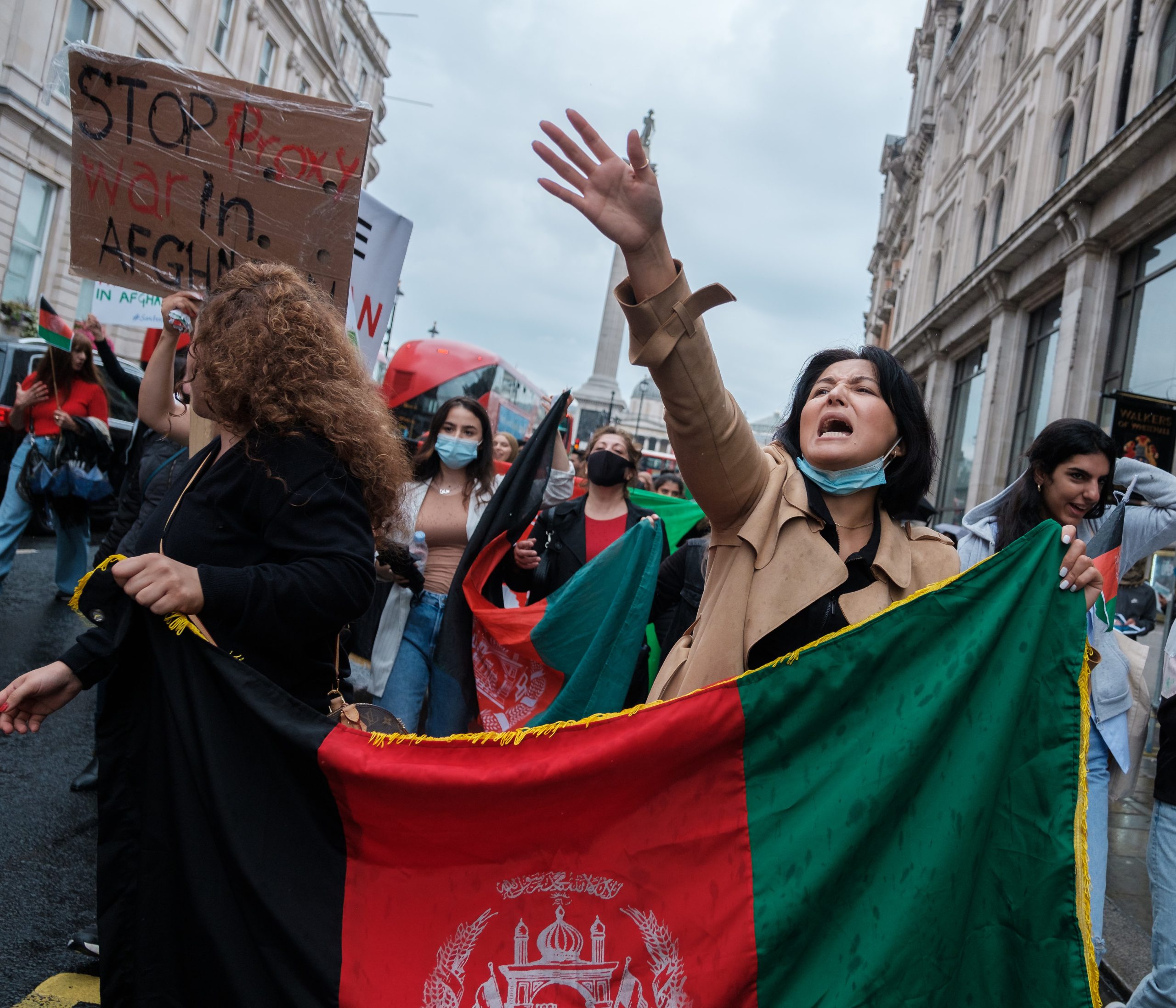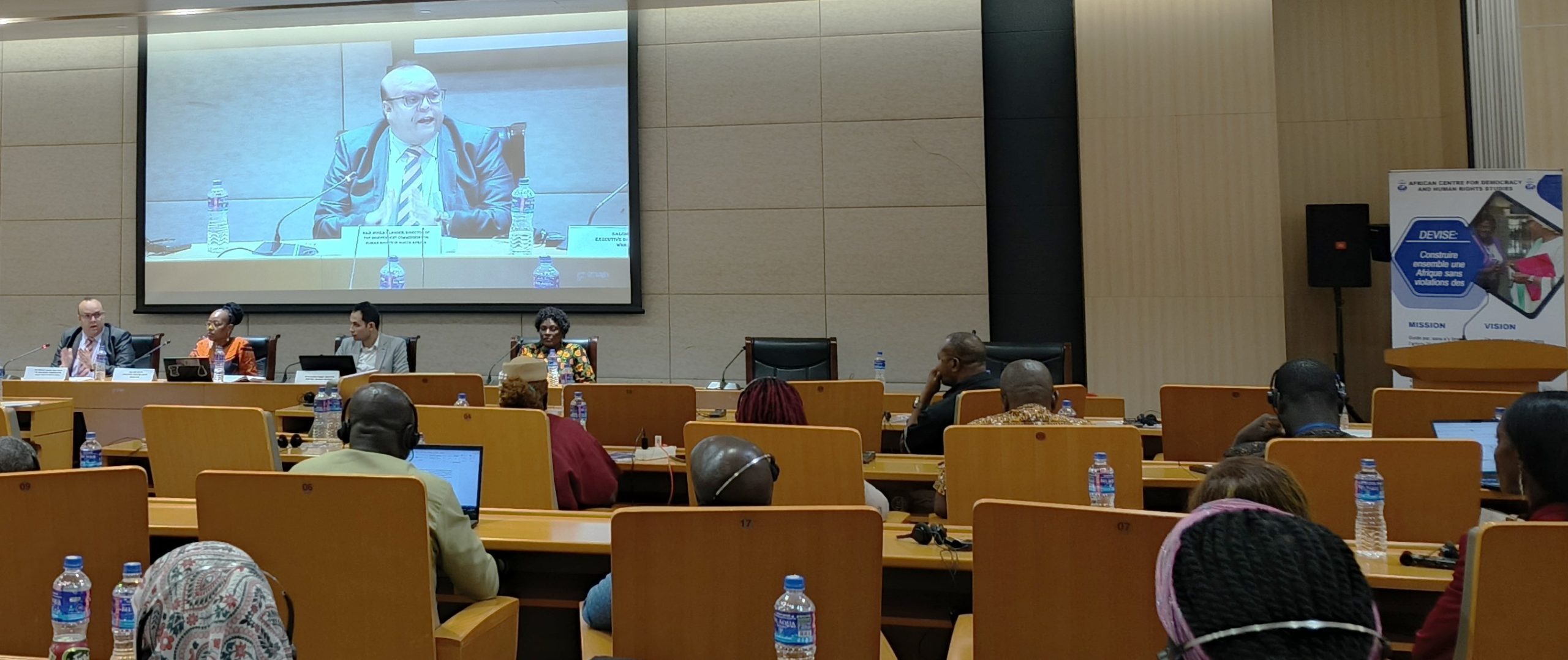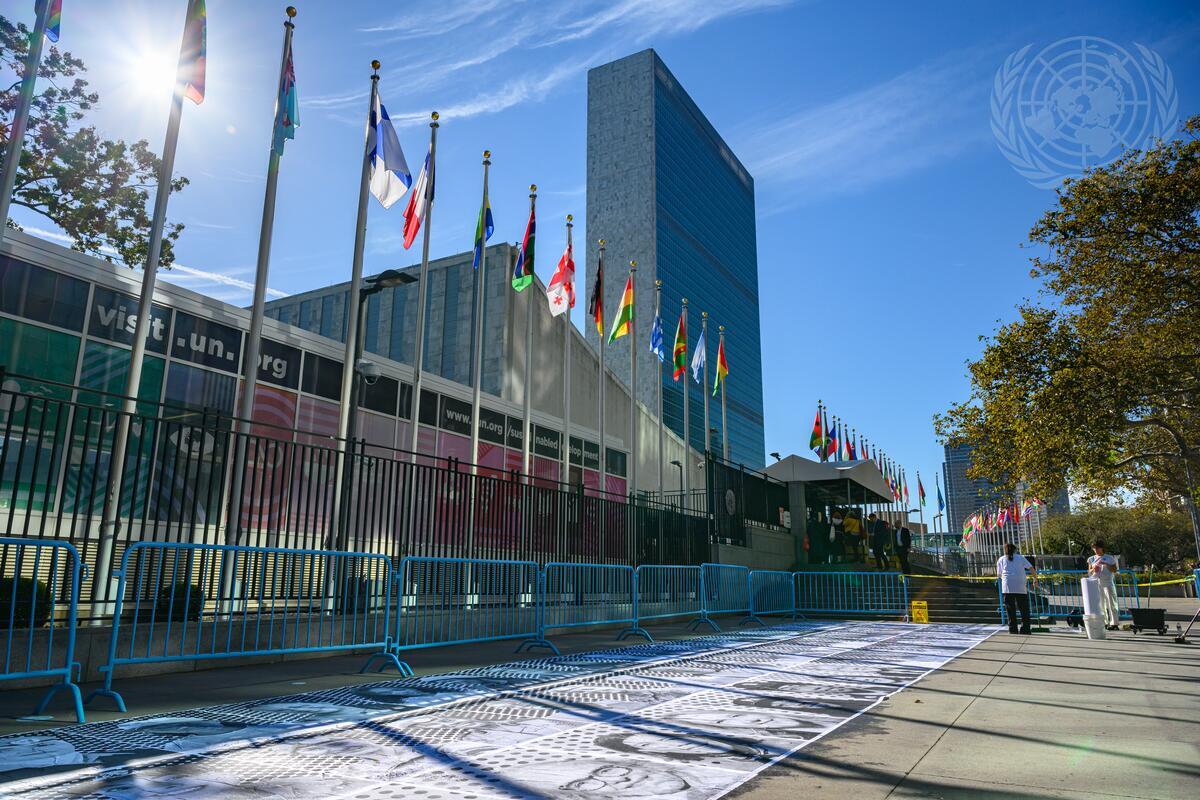Civil society groups have welcomed the extension of the mandate of the Special Rapporteur on the human rights situation in Afghanistan, for an additional year. The mandate of the Special Rapporteur remains crucial for ongoing monitoring and documentation of the situation in the country, and enables discussion and dialogue amongst States on its findings. It also remains an important channel for communication between human rights defenders and survivors inside Afghanistan with the intergovernmental decision-making spaces.
The Human Rights Council also decided to strengthen the mandate’s scope of work, including by adding a child rights perspective. The addition of a responsibility to document and preserve information relating to human rights abuses and violations is also important.
All six of the amendments to the draft resolution introduced by Belarus, China and Venezuela were not taken on board, including one which sought to end the reporting of the High Commissioner to the Council on the technical assistance offered by their office to the government of Afghanistan.
“Despite the overwhelming allegations of gross and systematic violations in Afghanistan, the dire humanitarian situation, and the committed participation of Afghan women in the Council’s agenda who have made a strong case for greater accountability, the call of Afghan human rights defenders remains unmet. They have time and again demanded an independent accountability mechanism with a mandate, expertise and resources to investigate the full scope of violations abuses that continue to be committed in Afghanistan by all parties, and to preserve evidence of these violations for future accountability” said Pooja Patel, Programme Director at ISHR.
“The continued participation and engagement of women human rights defenders, women peace builders and women political leaders remains crucial and central to the debates on Afghanistan. The Council has a responsibility to ensure that their engagement at this session’s panel discussion is not tokenistic,” Patel added.
Download as PDF




